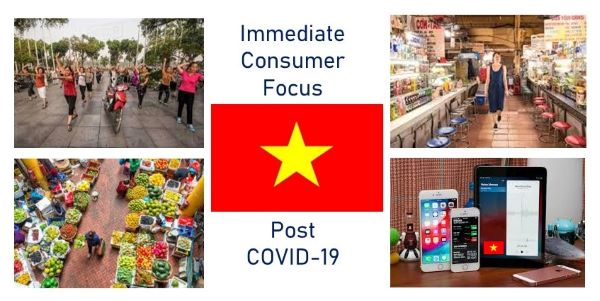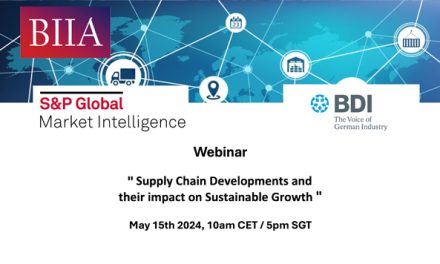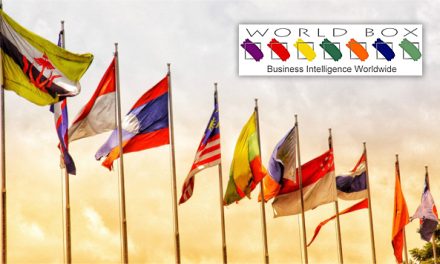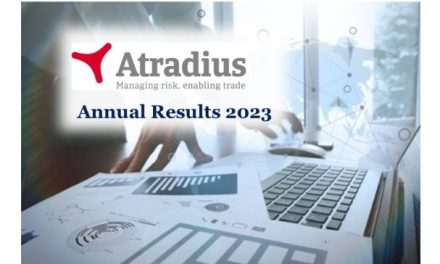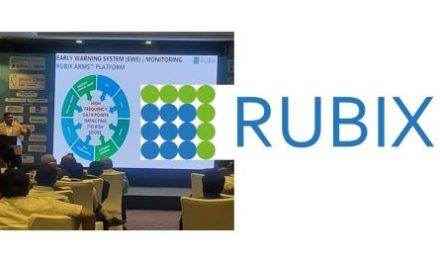Results of a survey on Vietnamese consumer behavior by McKinsey & Company show that Vietnamese are among the most optimistic consumers in Asia.
Most optimistic consumers
According to statistics, Vietnam’s growth rate was significantly reduced in the first quarter of 2020. In this regard Vietnam is not alone in the world. Experts forecast that if the epidemic is controlled within the first half of 2020, Vietnam’s growth may recover in 2021 and maintain strong growth in the medium term. The reason given is that economic growth drivers remain strong; business environment continues to improve; and the large number of bilateral and multilateral trade agreements promises to help improve market access levels and boost exports.
The survey conducted by McKinsey & Company shows that Vietnamese consumers are among the most optimistic in Asia because they think that Vietnam will overcome the challenges posed by the COVID-19 crisis. However, Vietnam has suffered huge impact, and most international organizations forecast the country’s GDP growth would be around 3-5% in 2020.
The survey results also indicate that only 4% of Vietnamese people think that the crisis will have a long-term impact on the economy, while the figure for Indonesia is 6%, for the United States is 16% and for South Korea is 24%.
Changes in Consumer Behavior
Through monitoring, surveying, recording and researching social distancing measures and other life pressures, which still cause significant and long-term changes in consumption behavior of Vietnamese people, McKinsey & Company identifies three major changes that could reshape the future of consumption in Vietnam.
Firstly, basic items and value will be focused. About 70% of Vietnamese people are expected to be more careful in their spending, and nearly half of the respondents are feeling the impact of COVID-19 on their livelihoods. This has led to a reduction in spending expectations for many goods, except for necessities such as groceries, food and telecommunications services. Currently, Vietnamese people are spending more time exercising and cooking, as well as reading news and using the media. They are expected to focus more on product value.
Secondly, local healthy products will be increasingly popular. Four out of five Vietnamese respondents (81%) said they are more focused on health, which is indicated in increased consumption of healthy products (e.g. eggs, fresh produce, and other health care products). It can be seen that people tend to eat more healthily as they buy fresher, locally produced products and reduce the consumption of processed products. At the same time, there has been a significant increase in spending on e-commerce platforms. Among the Southeast Asian countries that McKinsey & Company conducted survey in, Vietnamese are the most loyal to local products.
Finally, Vietnamese are quite loyal to their favorite stores – but not very loyal to brands during the epidemic outbreak. Compared to other markets, Vietnamese consumers are largely loyal to familiar stores during the crisis (except when the store is too far from home or their products are sold out). However, there have been significant changes in brand selection, which is expected to maintain and cause significant fluctuations in loyalty to the packaged consumer goods industry. Specifically, 39% of Vietnamese surveyed said they had changed their shopping destinations. The top three reasons are: closer to home (46%), cybershopping (42%), out of stock (37%). However, up to 75% of the respondents in Vietnam changed their favorite brand during the COVID-19 epidemic, and these changes are expected to continue after the pandemic.
In addition, McKinsey & Company recommends that four factors that grocery retailers need to pay attention to are safety, health and the scope of the supply chain; the supporting role of technology in delivery and value chains; value for money; and loyal customers.
 Source: McKinsey & Company
Source: McKinsey & Company
Writer: Alice Hoang Thao – VietnamCredit
